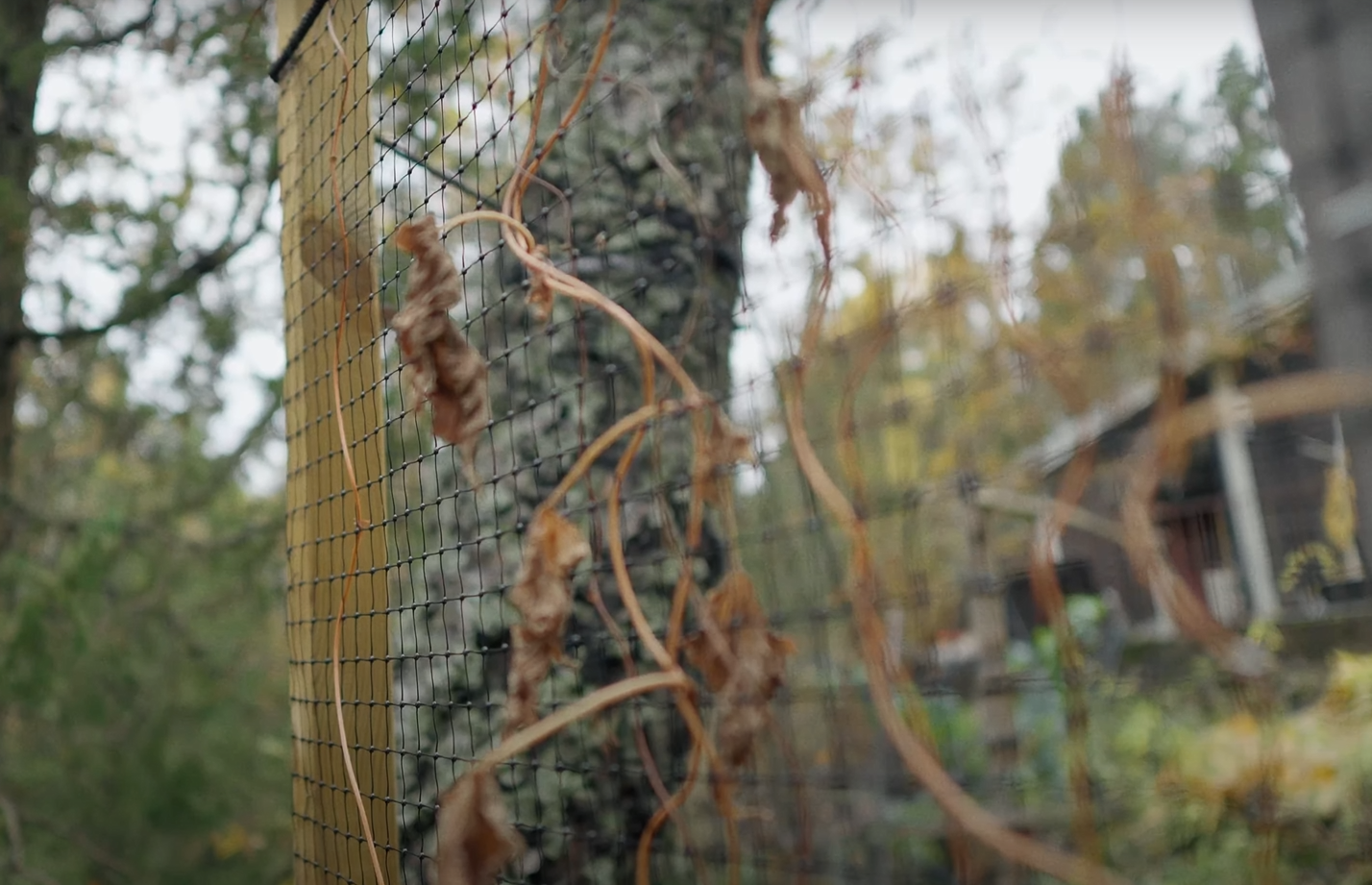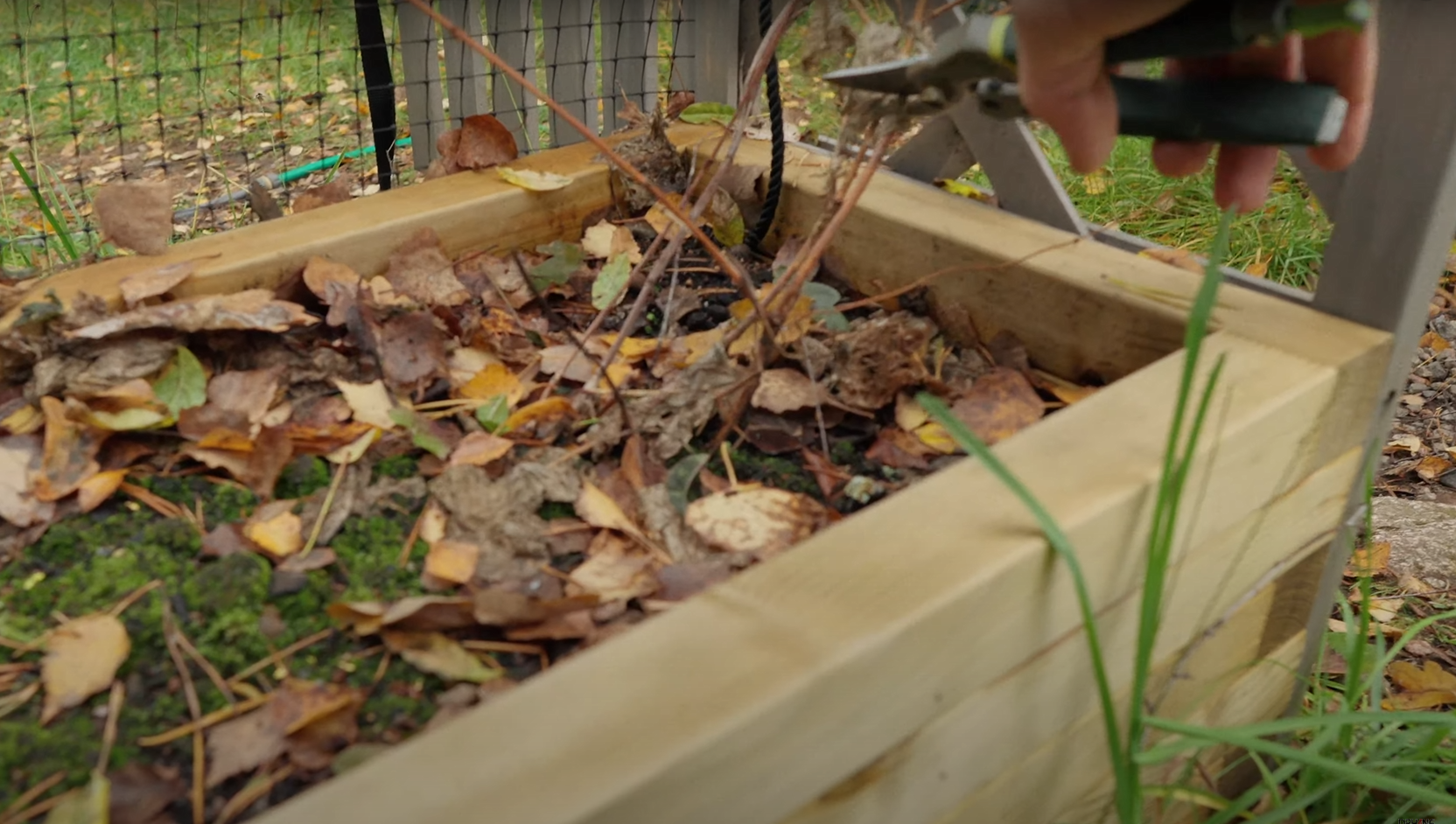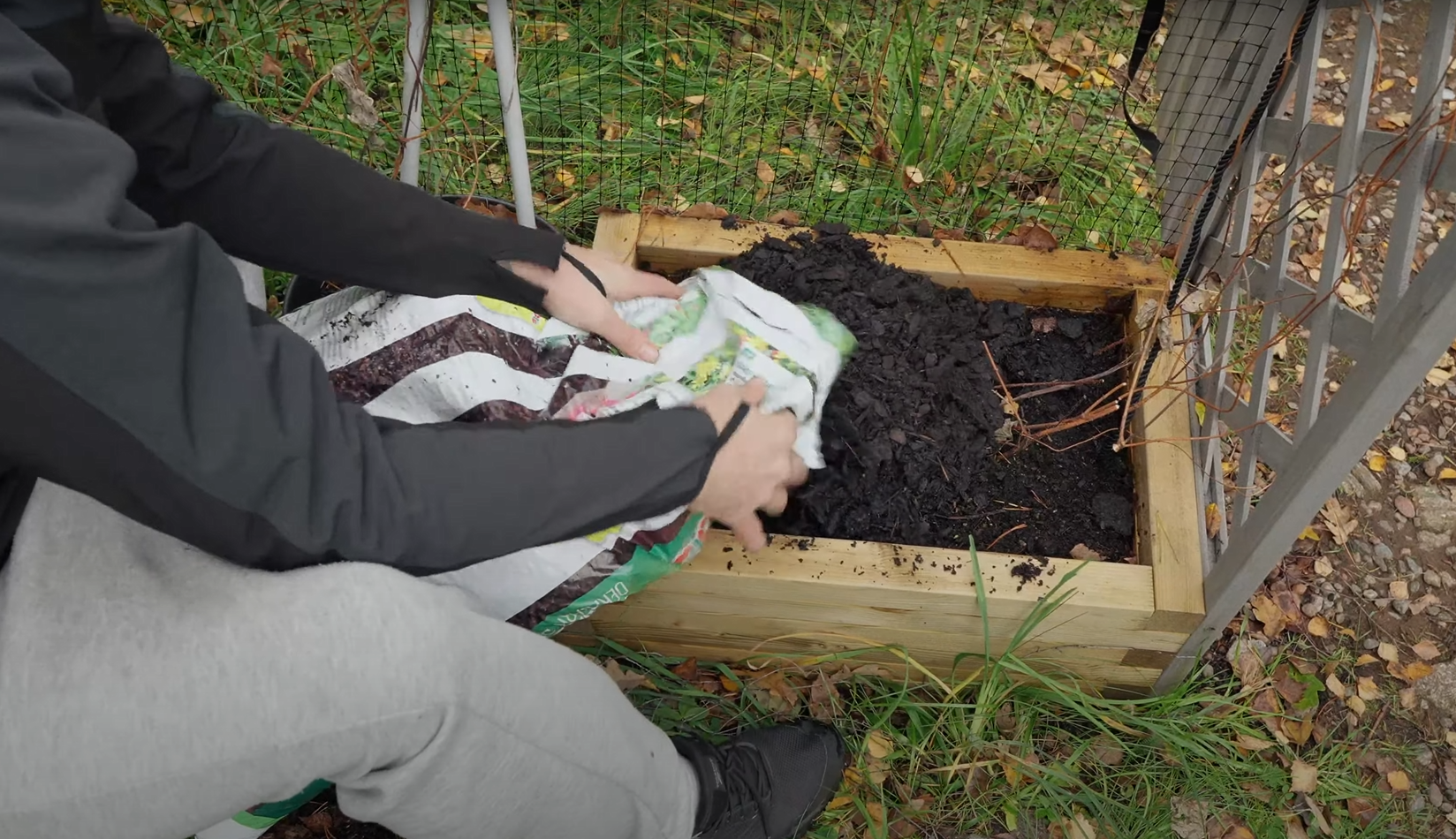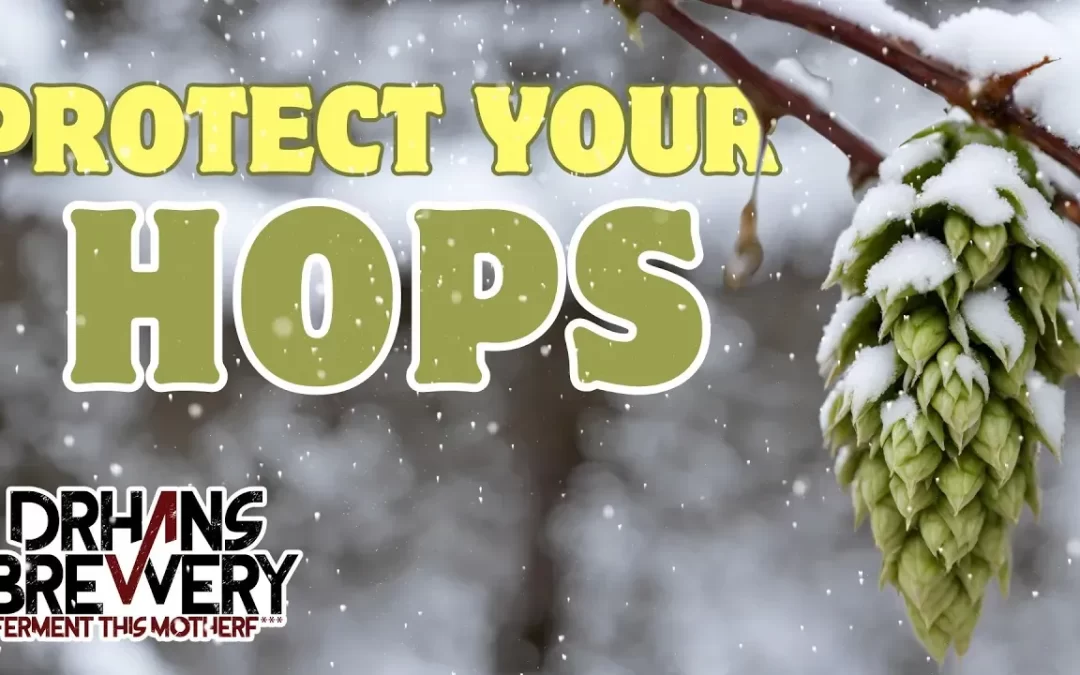Winterizing Your Hop Plants: A Guide by DrHans Brewery
Winterizing Your Hop Plants: A Guide by DrHans Brewery
As a homebrewer, one of the joys of crafting your own beer is the ability to grow your own ingredients, like hops. But with the brewing season winding down, it’s crucial to know how to properly prepare your hop plants for the winter. Let’s dive into this essential aspect of hop gardening.
The First Frost and Preparing Hops
Behind me, you’ll see a hop plant that’s recently faced its first frost. The greenery is gone, which signals it’s time to prepare it for the colder months ahead. This plant was relocated earlier this year, making it maybe not an ideal candidate to demonstrate winter preparation. But here we go.

Cutting and Protecting the Bines
While some might leave the bines as they are, I prefer to trim them a bit, leaving a small section above ground. This isn’t strictly necessary – hops are resilient like weeds – but it helps me keep track of where the plant is and what I’m working with. After trimming, it’s time to protect the roots, especially those near the surface.

Adding Mulch and Compost
To safeguard these roots, I recommend a layer of mulch or compost – about 10 to 15 centimeters (4 to 6 inches) should suffice. This not only insulates the roots from the cold but also suppresses weed growth, creating a win-win situation for your hop plant.

A Shout-Out to the Brewing Community
Before wrapping up, a big shout-out to my patrons and channel members – your support means a lot, especially in these chilly times.
Support DrHans Brewery on Patreon->
For those who grow hops or are interested in starting, I’d love to hear from you in the comments. Share where you’re from and your hop-growing experiences!
More on Hops from DrHans Brewery
On my channel, you’ll find a plethora of videos about hops – from growing to brewing with them, and even using fresh hops. Be sure to check out the playlists for more detailed guides and tips. Growing hops 101->
Winterizing your hop plants is a simple but crucial step in ensuring they survive and thrive for the next brewing season. By following these steps, you can look forward to another fruitful harvest next year. Cheers, and happy brewing!
Dr. Hans, signing off.
Check out my Amazon Storefront for brewing gear I recommend–>
As an Amazon Associate I earn from qualifying purchases





Recent Comments